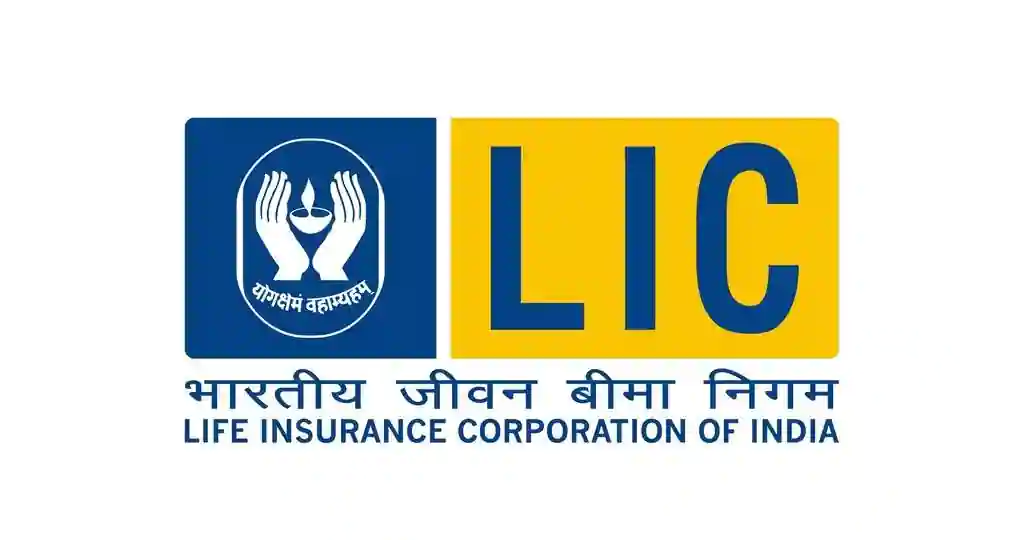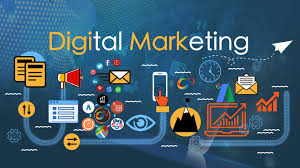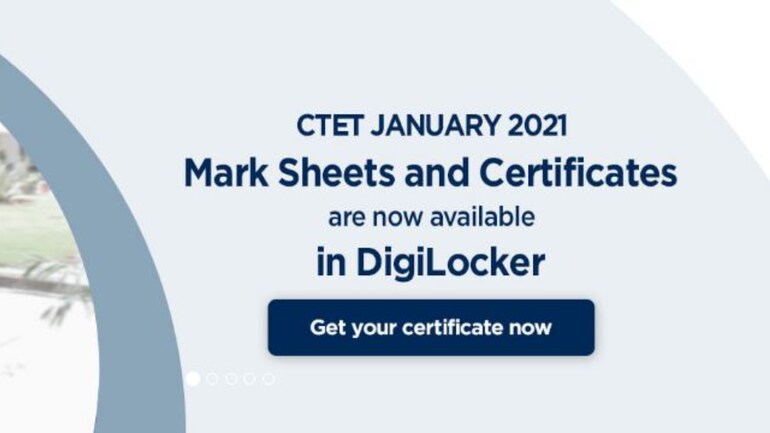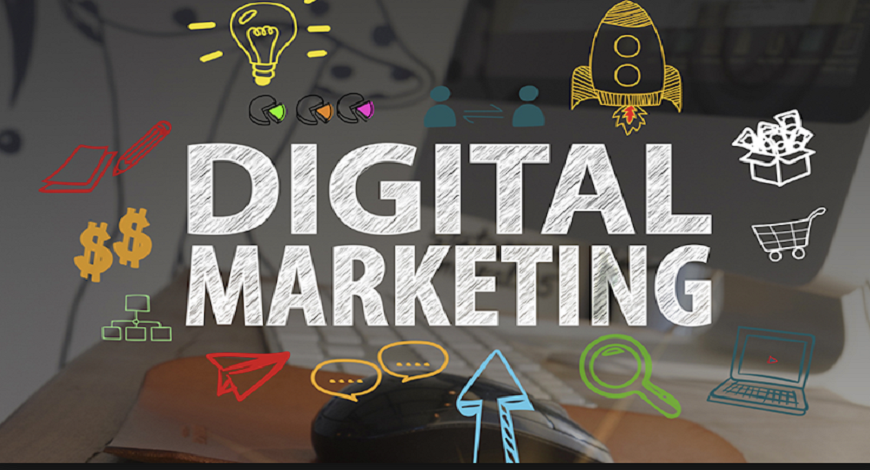#DigitalMarketing #SmallBusinessMarketing #SocialCommerce #VideoMarketing #SEO #EmailMarketing #PaidAdvertising #MobileMarketing #VoiceSearch #DataDrivenMarketing
In today's digital-first world, small businesses are leveraging the power of online marketing to compete with larger brands. With limited budgets and resources, it's crucial for small businesses to adopt effective digital marketing strategies to reach their target audience and grow their brand. As we move into 2024, new trends and technologies are reshaping the landscape, providing small businesses with fresh opportunities to make a significant impact.
This blog explores essential digital marketing strategies for small businesses in 2024, focusing on maximizing results while minimizing costs.
1. Embrace Social Commerce
Social media has evolved from a platform for connection and communication to a robust marketplace. In 2024, social commerce is set to continue growing, making it vital for small businesses to utilize platforms like Instagram, Facebook, TikTok, and Pinterest to sell products directly through their social media accounts.
Key Steps:
- Optimize Product Listings: Ensure products are visually appealing, well-described, and optimized for the platform.
- Leverage User-Generated Content: Encourage satisfied customers to post reviews and images of your products.
- Use Shoppable Posts: Utilize shoppable tags and links in posts and stories to make it easy for users to purchase directly from the platform.
- Collaborate with Influencers: Partnering with micro-influencers can boost your brand’s visibility and sales.
2. Focus on Video Content Marketing
Video content continues to dominate digital marketing. Short-form video, particularly on platforms like TikTok and Instagram Reels, is a powerful tool to capture attention and boost engagement.
Key Steps:
- Create Short-Form Videos: Focus on content that is engaging, informative, and under a minute.
- Utilize YouTube Shorts: Leverage YouTube Shorts to tap into the growing audience on YouTube's short-form platform.
- Live Streaming: Host live Q&A sessions, product launches, or behind-the-scenes videos to interact with your audience in real time.
3. Invest in SEO and Local SEO
Search engine optimization (SEO) remains a critical aspect of digital marketing. For small businesses, especially those serving local markets, optimizing for local SEO is even more important. Local SEO helps businesses rank higher in search results for queries related to their geographic area, which can drive more foot traffic and local sales.
Key Steps:
- Claim Your Google Business Profile: Optimize it with relevant keywords, images, and up-to-date business information.
- Target Local Keywords: Use keywords related to your location (e.g., "best bakery in Chicago") in your website content and meta descriptions.
- Encourage Reviews: Positive reviews improve your local SEO rankings and build trust with potential customers.
4. Leverage Email Marketing
Email marketing remains one of the most cost-effective strategies for small businesses. It provides a direct line to your audience, allowing you to build relationships, nurture leads, and increase conversions.
Key Steps:
- Segment Your Email List: Send targeted emails based on customer behavior, preferences, and demographics.
- Create Engaging Newsletters: Share updates, promotions, and valuable content with your subscribers.
- Personalize Emails: Use customer names and tailor recommendations based on their past purchases or browsing history.
5. Utilize Paid Advertising on a Budget
Pay-per-click (PPC) advertising can be an effective way to reach your target audience, even on a tight budget. Platforms like Google Ads, Facebook Ads, and Instagram Ads offer customizable campaigns to suit small businesses' financial constraints.
Key Steps:
- Set Clear Goals: Determine what you want to achieve with your ads (e.g., brand awareness, website traffic, or sales).
- Target Specific Audiences: Narrow down your audience by location, interests, demographics, and behavior.
- A/B Testing: Experiment with different ad creatives, headlines, and targeting options to find what works best.
- Retargeting Ads: Use retargeting ads to re-engage users who have visited your website but didn’t convert.
6. Adopt a Mobile-First Approach
With over half of all internet traffic coming from mobile devices, a mobile-first strategy is critical. Your website, email campaigns, and overall digital presence must be optimized for mobile users.
Key Steps:
- Responsive Web Design: Ensure your website is mobile-friendly and provides a seamless user experience on all devices.
- Fast Load Times: Mobile users expect quick access to information, so optimize your site for fast loading speeds.
- Mobile-Friendly Content: Focus on shorter, visually engaging content that is easy to read and interact with on mobile devices.
7. Capitalize on Voice Search
As voice-activated devices like Amazon Alexa and Google Assistant continue to rise in popularity, optimizing for voice search will be increasingly important. Voice search queries tend to be more conversational, so tailoring your content accordingly can help small businesses stay competitive.
Key Steps:
- Use Conversational Keywords: Integrate long-tail keywords that mimic how people naturally speak.
- Optimize for "Near Me" Searches: Since many voice search queries are location-based, optimize your content for local keywords and phrases.
- Update FAQ Sections: Provide clear, concise answers to common questions to improve your chances of appearing in voice search results.
8. Build a Strong Online Community
One of the most powerful digital marketing strategies for small businesses is building a community around your brand. By fostering a sense of connection and belonging, you can encourage customer loyalty, boost word-of-mouth referrals, and increase engagement.
Key Steps:
- Create Exclusive Content: Offer your community early access to new products, discounts, or behind-the-scenes content.
- Host Virtual Events: Engage with your audience through webinars, Q&A sessions, or live streams on social media platforms.
- Encourage User-Generated Content: Get your customers involved by asking them to share their experiences with your products or services.
9. Harness the Power of Data and Analytics
Data-driven marketing allows you to make informed decisions and adjust your strategies based on real-time insights. In 2024, small businesses need to track and analyze their marketing efforts closely to maximize their return on investment (ROI).
Key Steps:
- Use Analytics Tools: Leverage tools like Google Analytics, social media insights, and email marketing reports to track performance.
- Set Measurable KPIs: Identify key performance indicators (KPIs) that align with your business goals (e.g., website traffic, conversion rates, or customer acquisition costs).
- Continuously Optimize: Use data insights to refine your campaigns, adjust your budget allocation, and focus on the strategies that generate the best results.
10. Stay Agile and Adapt to Trends
Digital marketing is constantly evolving, and small businesses must stay agile to keep up with changing trends. Be prepared to adapt your strategies as new platforms, technologies, and consumer behaviors emerge in 2024.
Key Steps:
- Monitor Industry Trends: Stay informed about the latest digital marketing trends by following industry blogs, attending webinars, and participating in online communities.
- Experiment with New Channels: Don’t be afraid to test emerging platforms or tactics to see if they resonate with your audience.
- Stay Connected with Your Audience: Continuously gather feedback from your customers to understand their needs and preferences.
Final Thoughts
In 2024, digital marketing will continue to be a crucial driver of success for small businesses. By adopting these strategies—social commerce, video content, SEO, email marketing, and more—you can stay competitive in a crowded market and ensure long-term growth for your business. Remember, the key is to remain adaptable and customer-focused, always ready to adjust your tactics to meet the evolving digital landscape.
Powered by: Oh! Puhleeez Branding Agency & NowUpskill
#DigitalMarketing #SmallBusinessMarketing #SocialCommerce #VideoMarketing #SEO #EmailMarketing #PaidAdvertising #MobileMarketing #VoiceSearch #DataDrivenMarketing

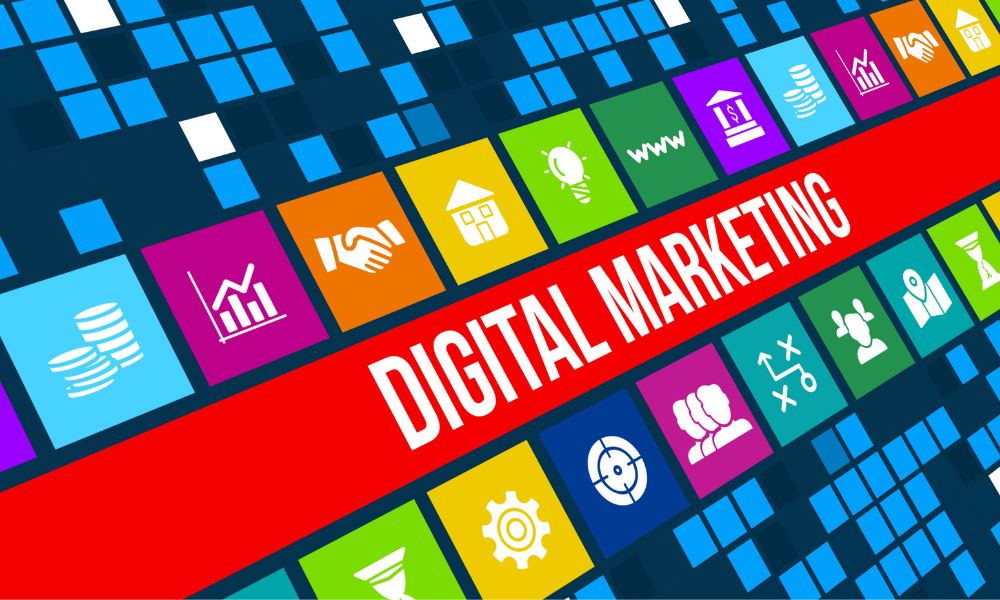









































.png)
.png)

















































































































